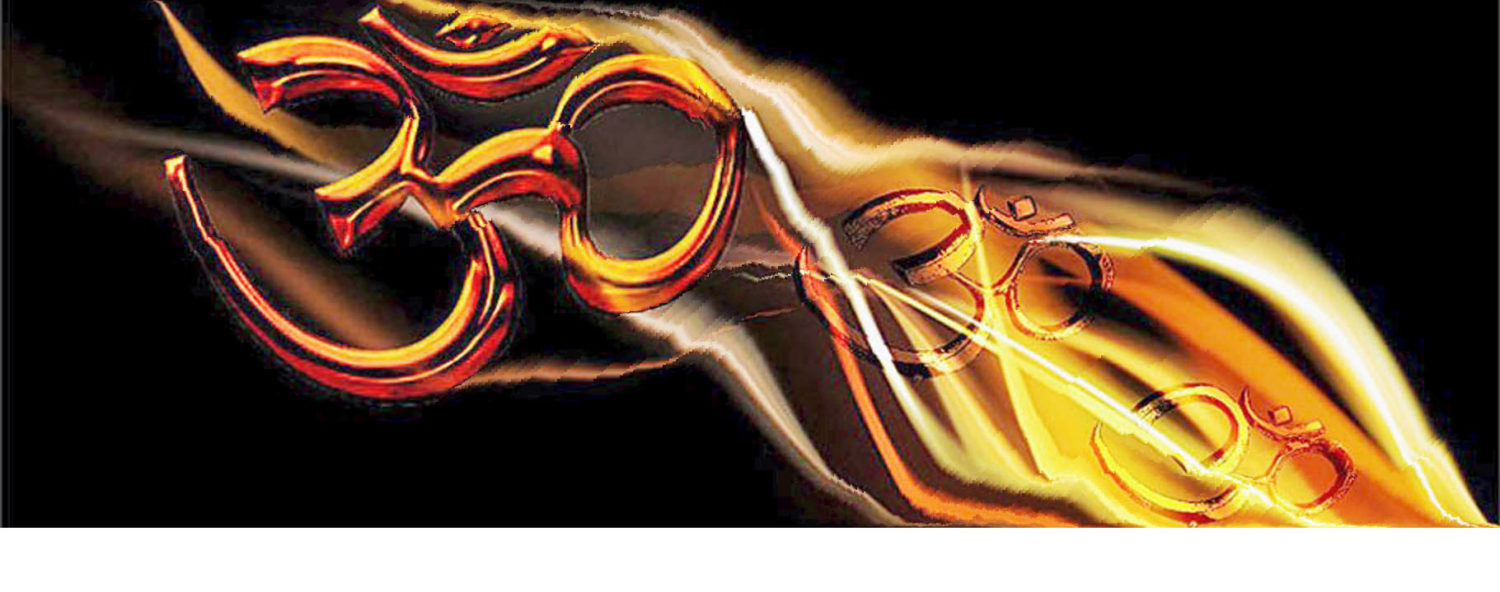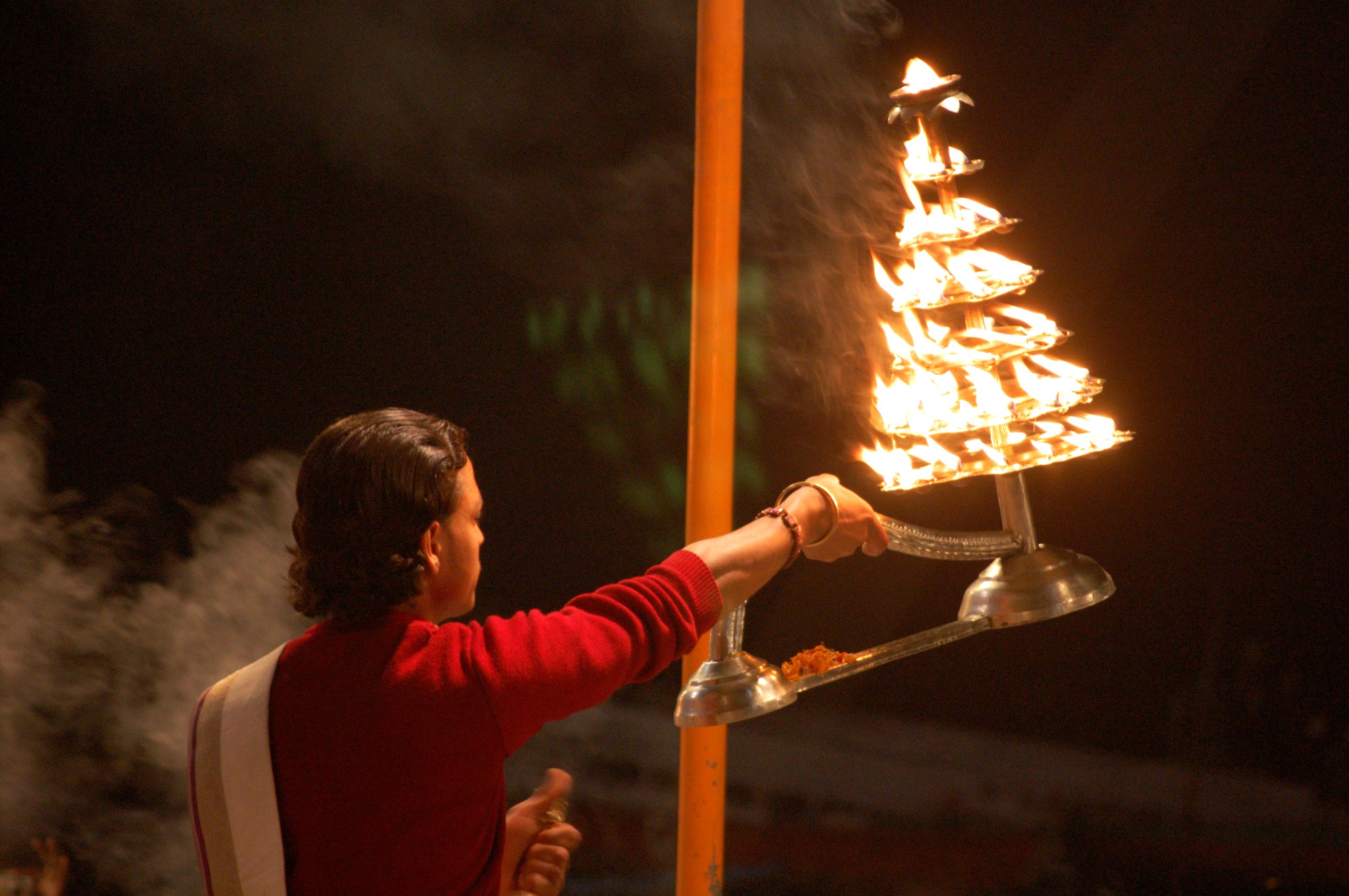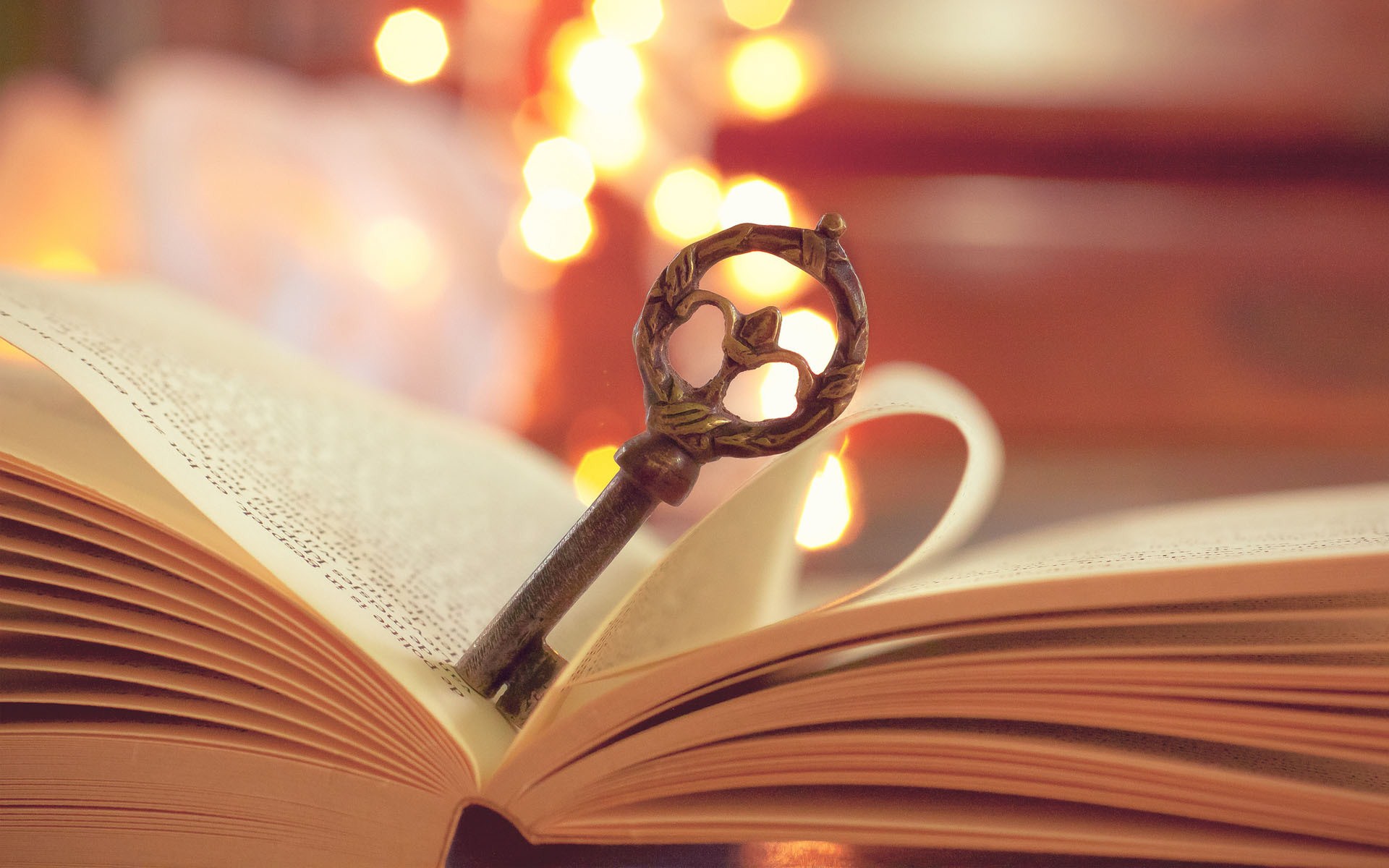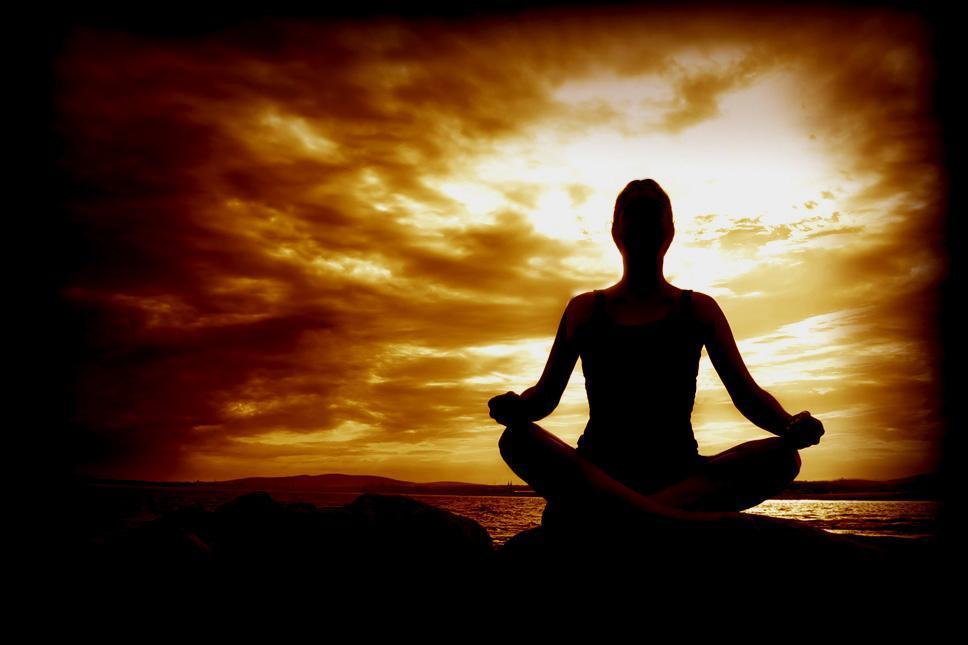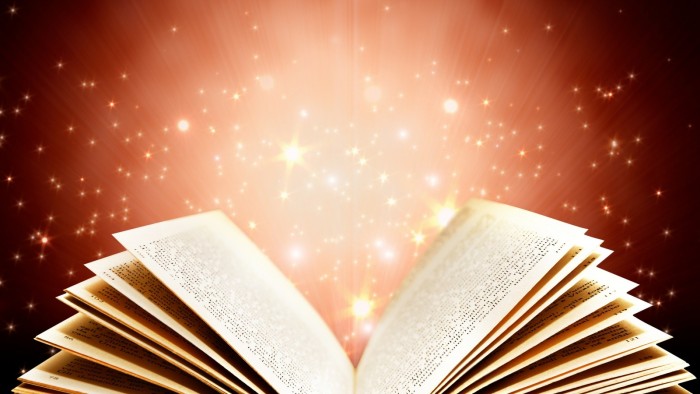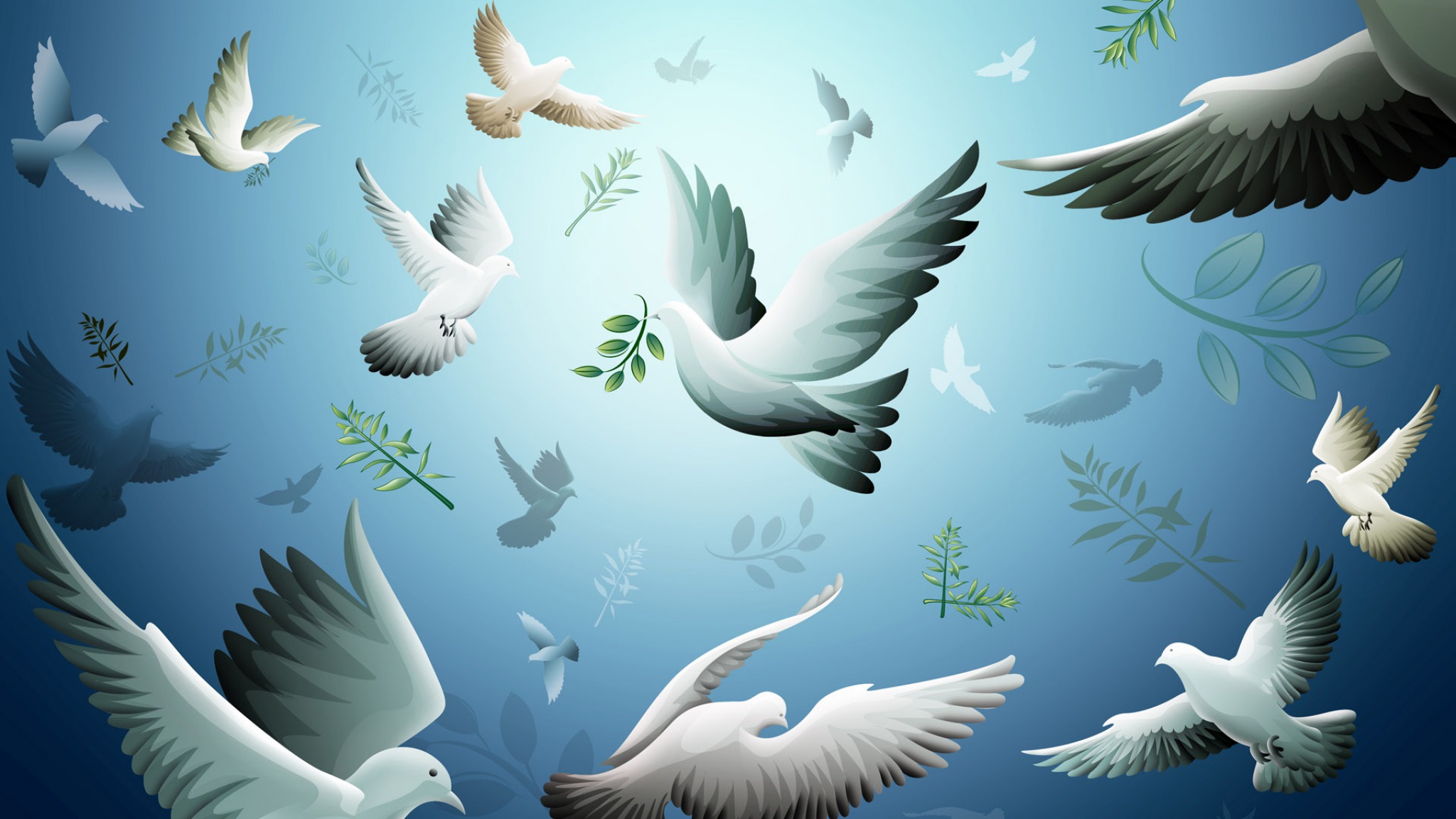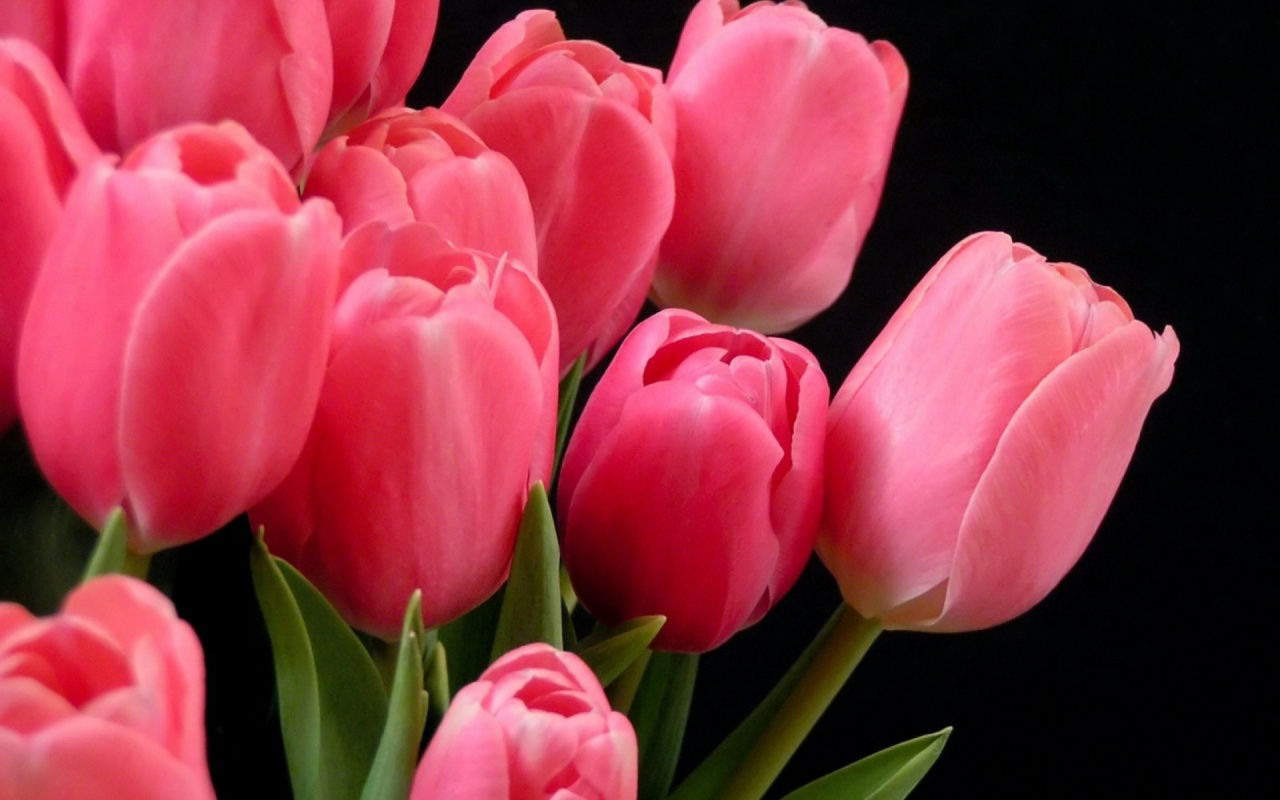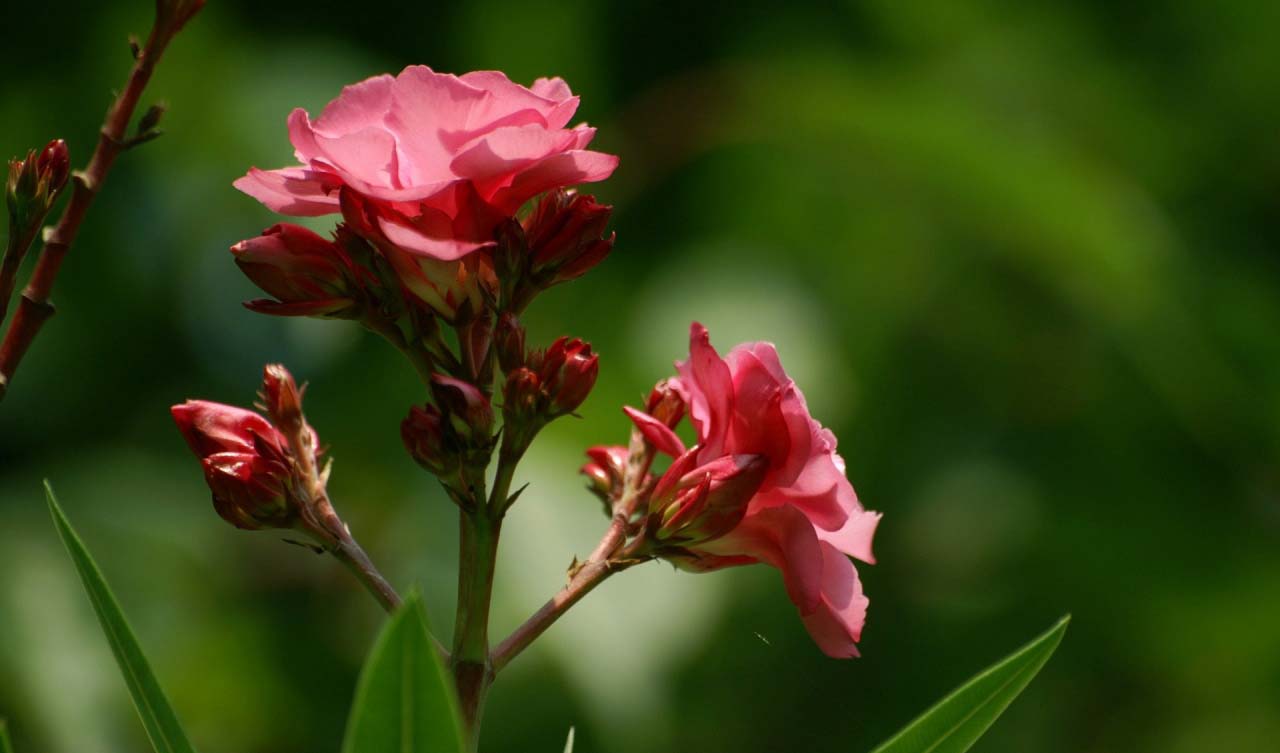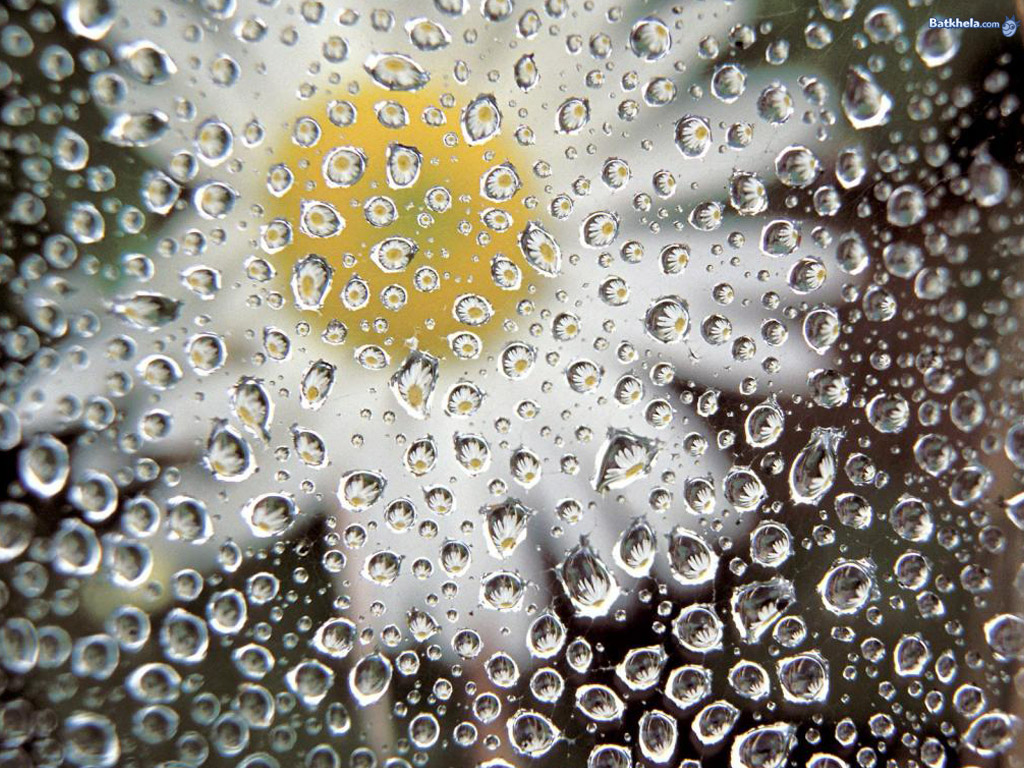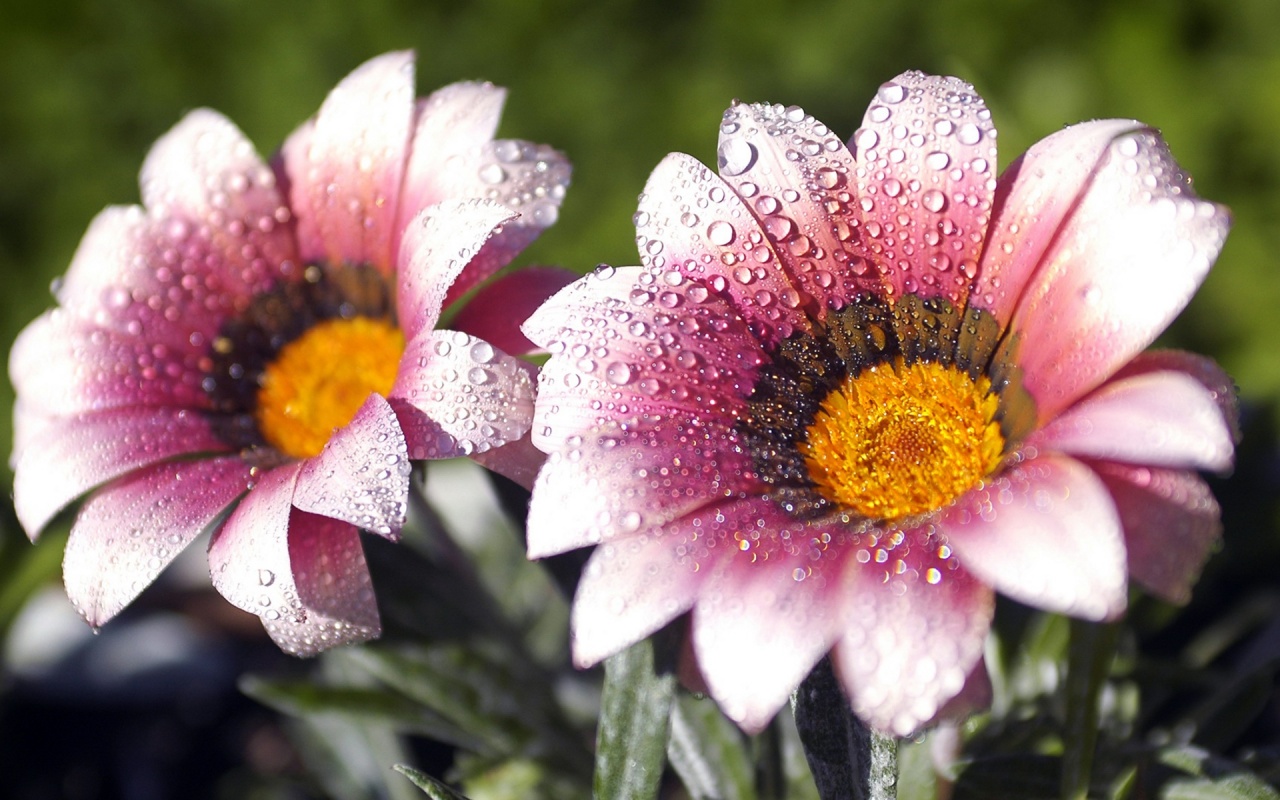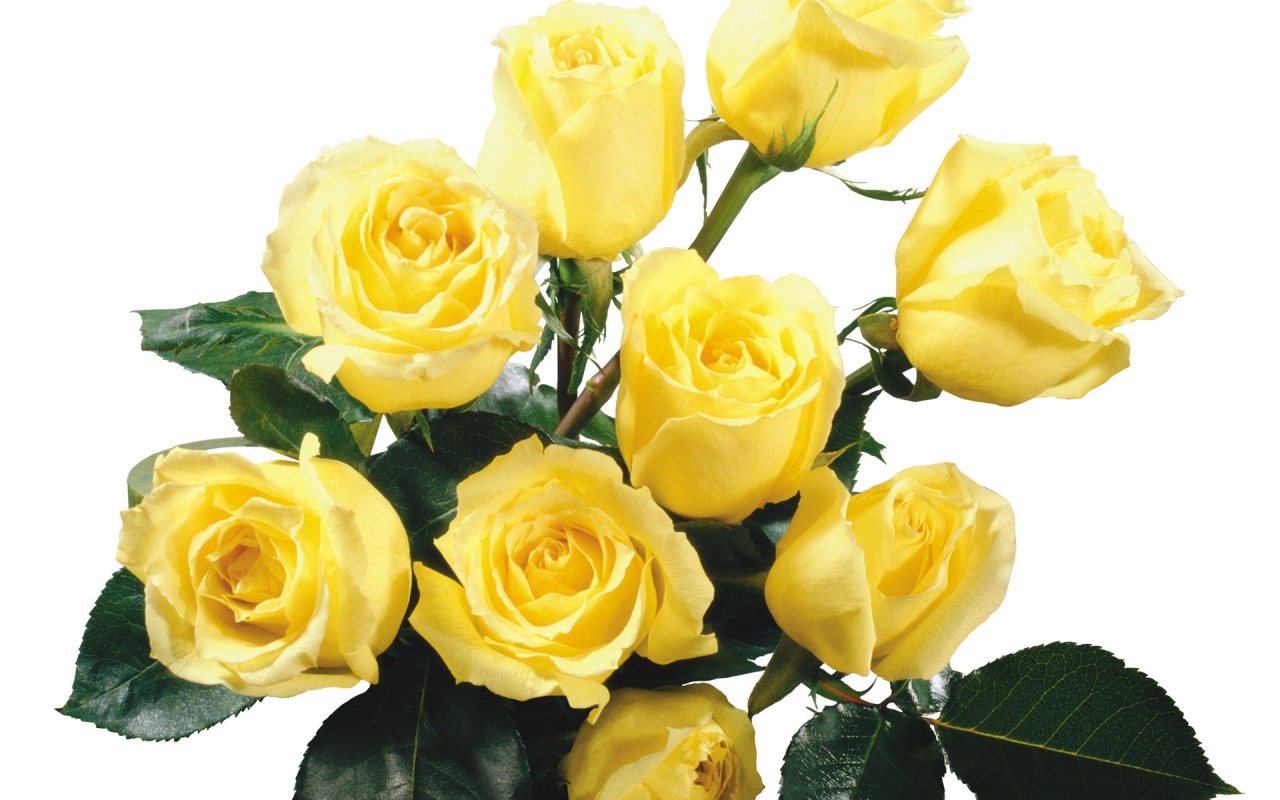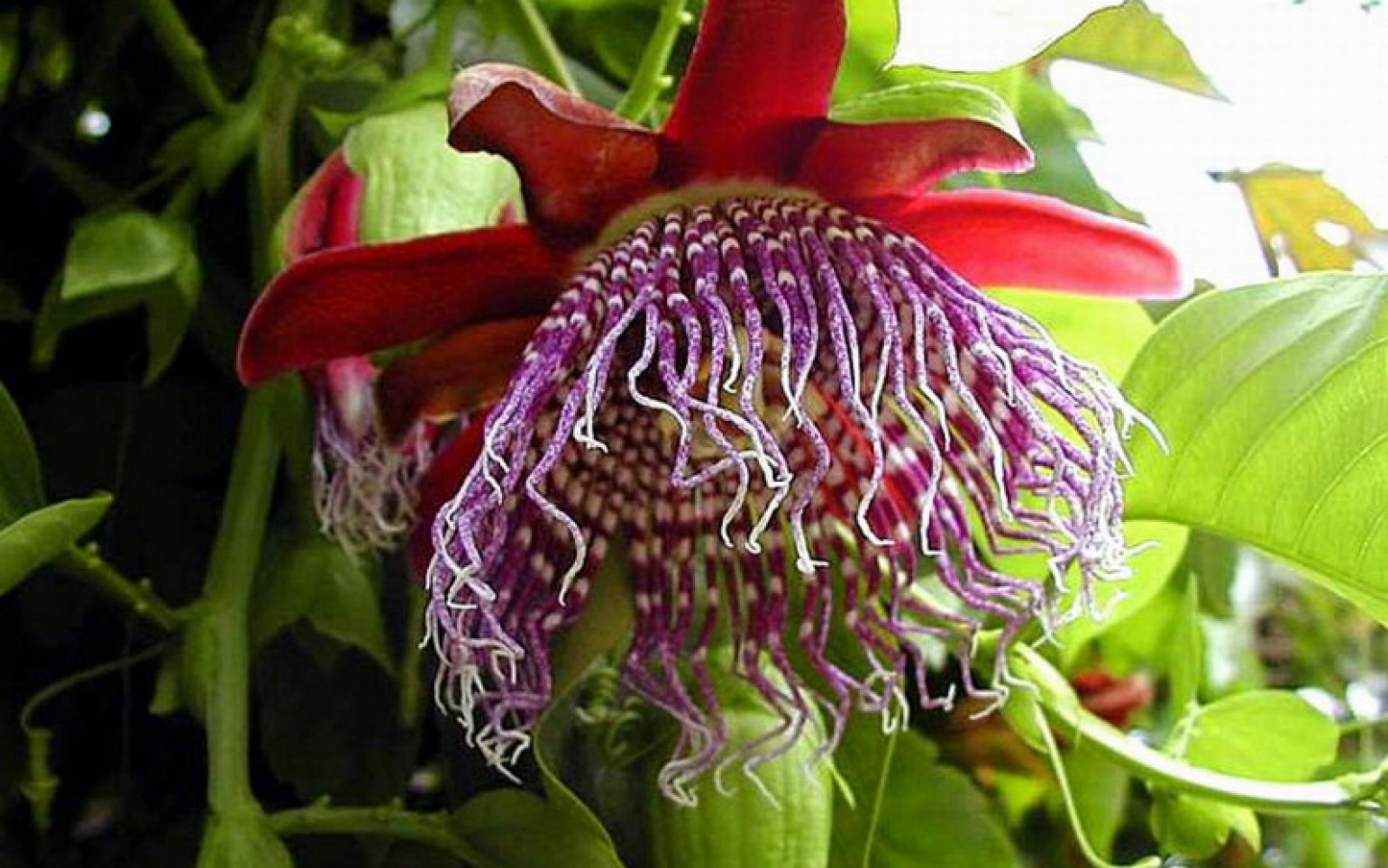Bhagavad Gita Invocations
PRAYER TO VYASA
Namostu te vyaasa visaalabuddhe phullaaravindaa yatapatranetra, Yena twayaa bhaaratatailapoornah prajwaalito jnaanamayah pradeepah.
Salutations unto thee, O Vyasa, of broad intellect and with eyes large like the petals of a full-blown lotus, by whom the lamp of divine knowledge, filled with the oil of the Mahabharata, has been lighted!
PRAYER TO THE GURU
Gururbrahmaa gururvishnurgururdevo maheshwarah; Guruh saakshaat param brahma tasmai shree gurave namah.
Guru is the creator (Brahma); Guru is the preserver (Vishnu); Guru is the destroyer (Maheshvara); Guru is verily the Supreme Absolute. To that Guru we prostrate.
Dhyaanamoolam gurormoortih poojaamoolam guroh padam; Mantramoolam gurorvaakyam mokshamoolam guroh kripaa.
The Guru’s form is the root of meditation; the Guru’s feet are the root of worship; the Guru’s word is the root of Mantra; the Guru’s Grace is the root of liberation.
PRAYER TO LORD KRISHNA
Krishnaaya vaasudevaaya devakeenandanaaya cha; Nandagopakumaaraaya govindaaya namo namah.
I bow again and again to Lord Krishna, son of Vasudeva, the delighter of Devaki, the darling of Nandagopa, the protector of cows.
O Krishna! Thou art my sweet companion now. Thou hast a soft corner for me in Thy heart. Teach me now the mysteries of Thy divine play and the secrets of Vedanta. Thou sayest in the Geeta: “I am the author of Vedanta and the knower of the Vedas”. Thou art my best teacher. Explain to me the intricate details of Vedanta. Give me easy lessons.
Kindly explain; why did Sukadev, a Brahma Jnani who was always absorbed in Brahman, teach the Bhagavata to King Parikshit? What are the differences in the experiences of a Bhakta who enjoys union with God, of a Yogi who is established in the highest Superconscious State, and of a Jnani firmly established in the state of oneness or Brahman? What is the real difference between liberation while living and disembodied liberation, between the transcendent state and the state beyond it, between the perishable Person, the imperishable Person and the Supreme Person?
Let me be frank with Thee, O Krishna, because Thou art the indweller of my heart, the witness of my mind, and the Lord of my life-breath! I cannot hide anything from Thee, because Thou directly witnesseth all the thoughts that emanate from my mind. I have no fear of Thee. Thou art my friend now. Treat me like Arjuna. I shall sing and dance. You can play on the flute. Let us eat sugar-candy and butter together. Let us sing. Teach me the Geeta. Let me hear it directly from Thy lips once more.
O Thou invisible One! O adorable and Supreme One! Thou penetratest and permeatest this vast universe from the unlimited space down to the tiny blade of grass at my feet. Thou art the basis of all names and forms. Thou art the apple of my eye, the divine love of my heart, the life of my life, the very soul of my soul, the illuminator of my intellect and senses, the sweet mystic music of my heart, and the substance of my physical, mental and causal bodies.
I recognise Thee alone as the mighty ruler of this universe and the inner controller of my three bodies. I prostrate again and again before Thee, my Lord. Thou art my sole refuge. I trust Thee alone, O ocean of mercy and love! Elevate, enlighten, guide and protect me. Remove the obstacles on my spiritual path. Remove the veil of ignorance.
O Thou supreme world-teacher! I cannot bear any longer, even for a second, the miseries of this physical body, this life and this worldly existence. Meet me quickly, O Prabhu! I am pining, I am melting. Listen, listen, listen to my fervent, innermost prayer. Do not be cruel, my Lord. Thou art the friend of the afflicted. Thou art one who raises the downtrodden. Thou art the purifier of the fallen.
O magnificent Lord of love and compassion! O fountain-head of bliss and knowledge! Thou art the eye of our eye, the ear of our ear, the breath of our breath, the mind of our mind, the soul of our soul. Thou art the unseen seer, the unthought thinker, the unheard hearer, the unknown knower. Pray, deliver us from temptation. Give us light, knowledge and purity.
O Lord of my breath! O all-pervading Lord of the universe, accept my humble prayer! Guide me. Lift me from the mire of worldliness. Enlighten me. Protect me. Thee alone I adore; Thee alone I worship; on Thee alone I meditate in Thee alone I take sole refuge.
Thanks to https://www.dlshq.org
